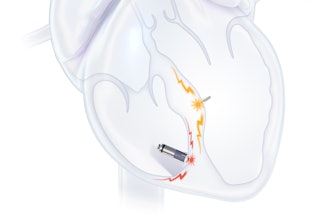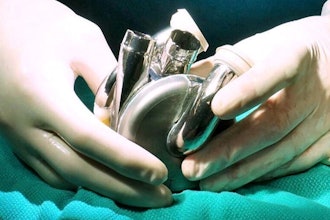
Medtronic said it has received FDA approval for BrainSense Adaptive deep brain stimulation (aDBS) and BrainSense Electrode Identifier (EI) to treat patients with Parkinson's disease.
DBS is similar to a cardiac pacemaker, but for the brain. It uses a surgically implanted neurostimulator via a minimally invasive procedure to transmit electrical signals to specific parts of the brain affected by debilitating neurological disorders.
Now Medtronic has enhanced its Percept DBS neurostimulators with exclusive BrainSense Adaptive technology, introducing aDBS for people living with Parkinson's. This feature personalizes therapy based on a patient's brain activity in real time – both in clinical settings and in daily life. It provides enhanced therapy personalization for symptom control that automatically adjusts, minimizing the need for patients to manually adjust stimulation.
For more than 10 years, Medtronic has been developing a complete, sensing-enabled DBS system leveraging exclusive BrainSense technology to detect, capture, and classify different brain signals, putting Medtronic at the forefront of incorporating brain-computer interface (BCI) technology into DBS therapy. Medtronic considers BCI technology a crucial element for developing innovative products that treat some of the cardinal symptoms of Parkinson's with specific focus on rehabilitation and restoring health. BrainSense Adaptive DBS is available to Medtronic DBS patients with Parkinson's who have been implanted with a Percept neurostimulator, as well as future Medtronic DBS patients. With more than 40,000 DBS patients served worldwide with Medtronic Percept devices, BrainSense Adaptive DBS presents the largest commercial launch (by several magnitudes) of BCI technology – ever.






















